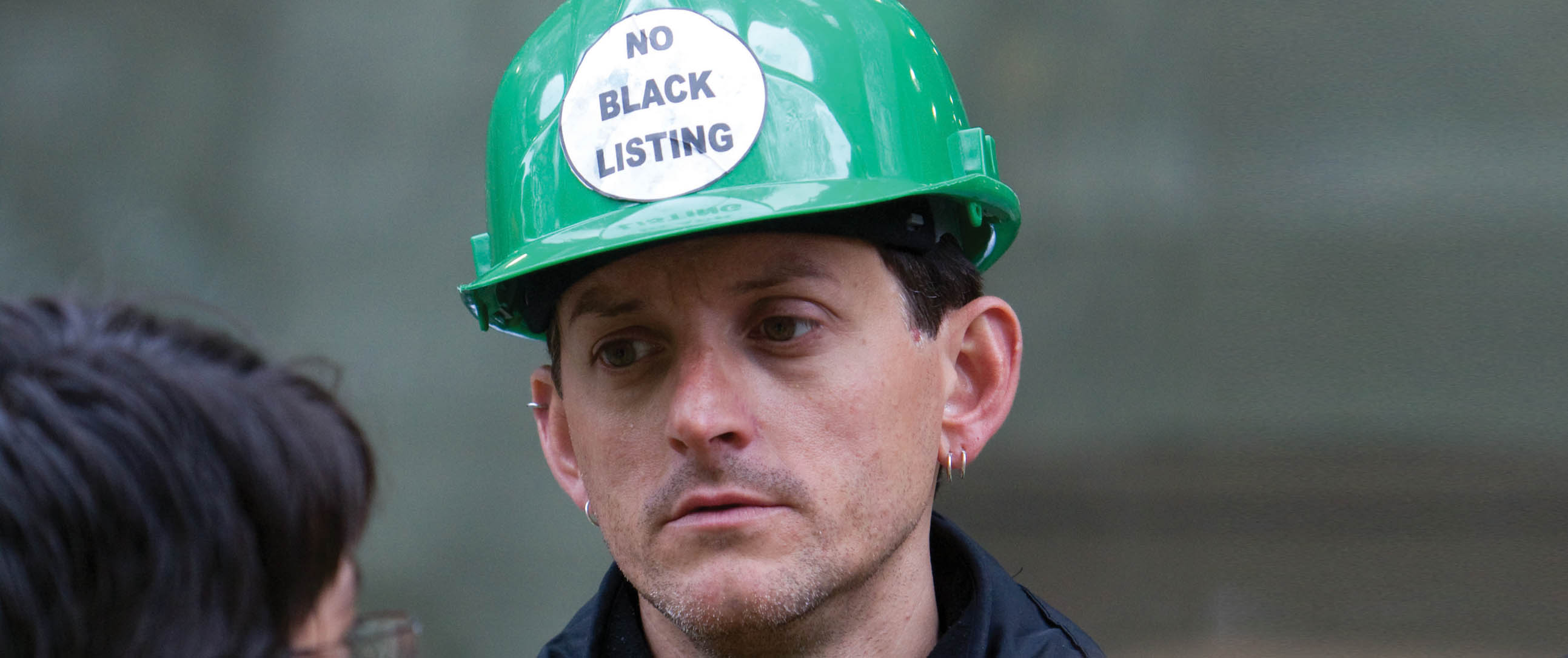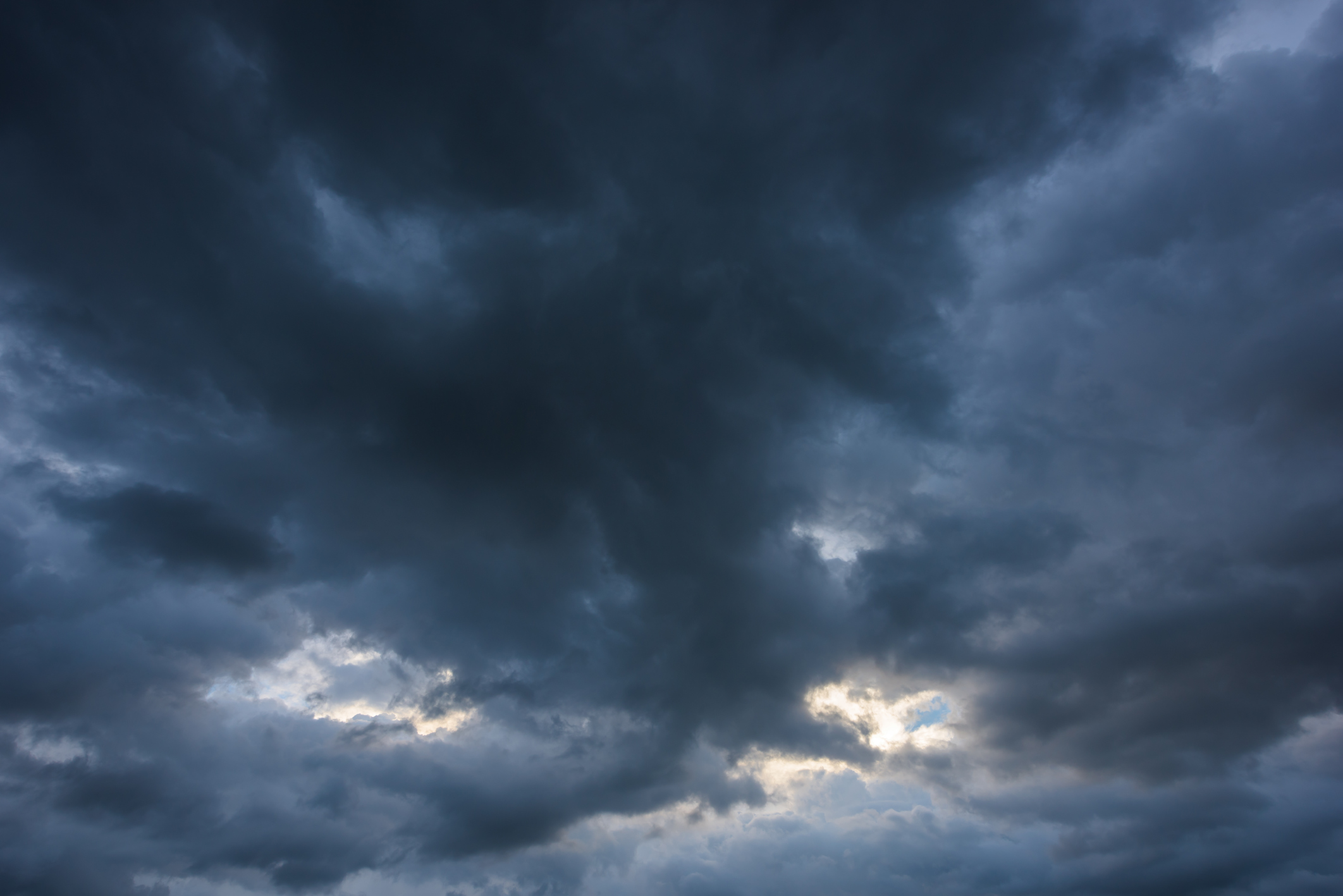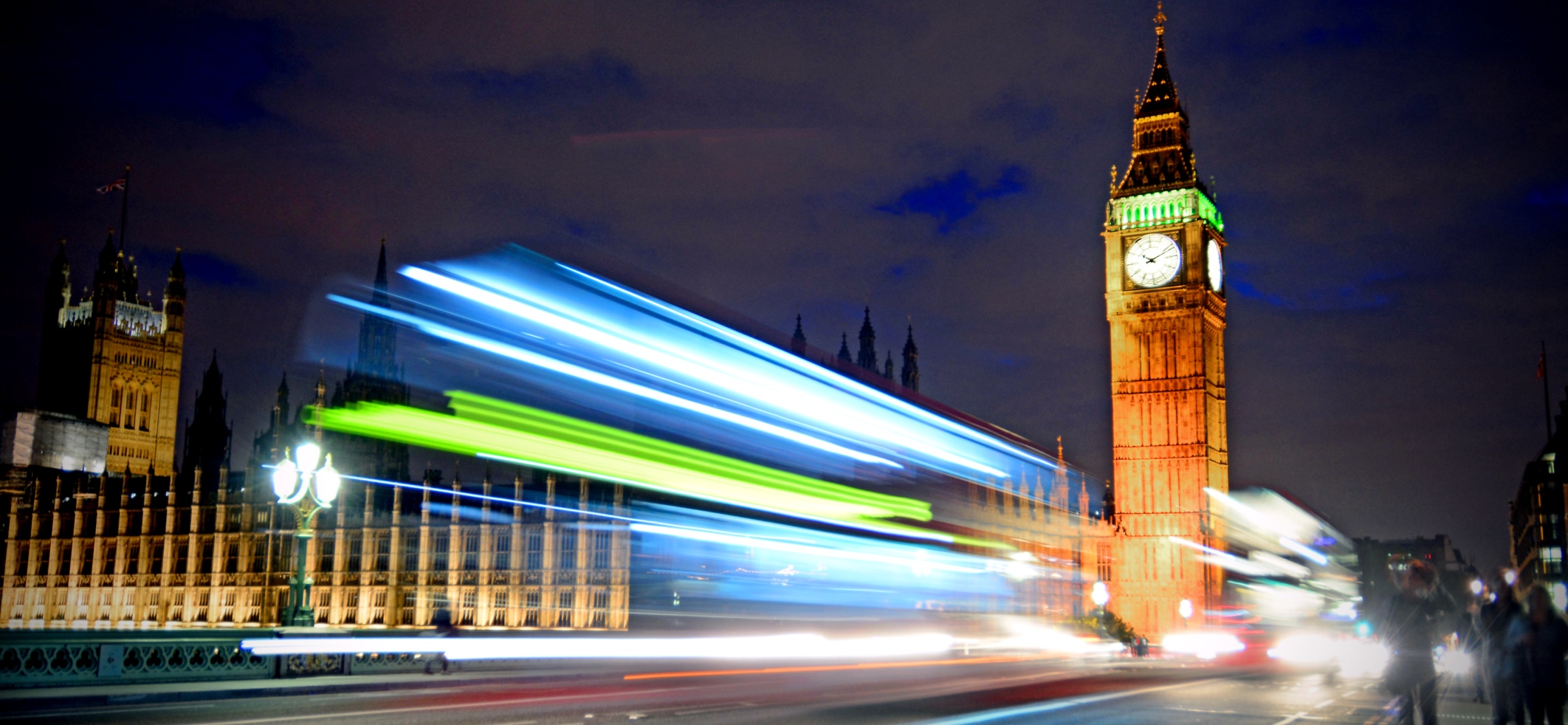Threat to democracy
Some of the country’s top trade union leaders gave evidence to MPs at a committee hearing over the trade union Bill yesterday (October 15).
The general secretaries of Unite, GMB, Unison and the TUC – Len McCluskey, Paul Kenny, Dave Prentis and Frances O’Grady – fielded questions from ministers about provisions in the Bill, which, if pushed through, would make the UK’s trade union laws among the most draconian in the developed world.
The heart of the Bill – thresholds for strike ballots – was vigorously contested by the panel of union leaders, who called thresholds a “threat to democracy”.
“It’s also a threat to the cohesive nature of the communities in which we work,” said Unite general secretary Len McCluskey.
McCluskey cast doubt on the Conservative government’s assertion that they were introducing thresholds in order to widen participation in strike ballots.
Modern balloting
“If [prime minister David Cameron] is genuine about wanting to increase the turnout – and all of us are concerned about low turnouts – then he should get involved in a proper debate about modern methods of balloting, the same balloting with which the Conservative party just elected their London mayoral candidate,” he said.
Especially important, McCluskey said, was secure workplace balloting.
“The Electoral Reform Society said this is easily achievable with independent assessors,” he noted, adding that there was “no reason” why the government couldn’t “concede the principle of independent secure workplace balloting.”
“If you do that, the issue of thresholds becomes irrelevant,” he added. “Workplace balloting would consistently produce high turnouts.”
TUC general secretary Frances O’Grady agreed, saying that fears about fraud and security in electronic balloting were unfounded.
“The Electoral Reform Society has shown that electronic balloting is no less safe than postal balloting,” she said.
Unison general secretary Dave Prentis explained that the stricter thresholds the government is seeking to impose on his public sector members would constitute a “double threshold” that would mean “the negation of democracy.”
Because workers in “important public services” would need more than a simple majority in a strike ballot in order to withdraw their labour, he said, it would “bring the end of the right for millions of workers in public services to take strike action.”
“It will lead to unofficial action, and to breakdown in public services,” Prentis added.
MPs expressed concern about the intimidation of workers who choose not to go on strike.
But McCluskey argued that there were already adequate laws in place covering the victimisation of such workers.
“The current legislation allows people to go in and out of work, it allows contractors to deliver in and out of work and it also allows striking workers to exercise their right to explain why they are in strike,” he said.
“The one thing we want when our members are out on strike is to get people back to work,” McCluskey emphasised. “We want a negotiated settlement. This bill will make it more difficult to achieve those types of aims.”
Certification Officer
The trade union leaders hit out against other provisions in the Bill that would see the Certification Officer – an independent official who oversees trade unions – given vastly greater powers.
If the Bill goes through as it is, then the CO would be able to seize records from union offices at a moment’s notice, investigate any complaints made from the public about trade union activity and would be able to monitor all political expenditure over £2,000. Trade unions would have to pay for all these additional activities the CO undertakes.
“What are the problems that exist now?” McCluskey asked the committee. “I’ve never heard any criticism of the current methods of the Certification Officer.”
“[If the Bill goes through] then the Certification Officer would have power to go into a union, to disrupt the union’s business and crawl all over the union’s business in relation to how it operates,” he said.
“That’s in stark contrast to when individuals are seeking redress in an employment tribunal,” McCluskey noted. “They have to pay £1,200 upfront and they can be accused of vexatious behaviour. This would cause unnecessary upheavals in trade unions. And the slap in the face is that our members would have to then pay for it.”
GMB general secretary Paul Kenny agreed, highlighting that the provisions amounted to over-regulation.
“I thought this government was about deregulation,” Kenny said. “It is apparently until it comes to trade unions – then it wants to regulate us through the teeth.”
One Conservative minister argued that limiting strike days was necessary to improve productivity, but O’Grady challenged this claim.
“Industrial action taken last year amounts to half of one ten thousandth of all working days,” she said. “The number of working days lost because of health and safety issues is 450 times that number. “Union reps play absolutely critical role in higher workplace productivity, including through health and safety.”
“A number of strikes are related to health and safety, which, in the long run is better for business and the economy as well as for working people,” O’Grady added. “Trade union activity and strength actually improves productivity with healthier and better trained workforces.”
McCluskey highlighted that it was not just unions who were opposing the Trade Union bill.
“I deal with every single major manufacturing company within our nations,” he said. “Blue chip companies, too. Not a single CEO of any of those companies are for this Bill. And I would ask that that is seriously taken on board in an independent approach.
â€Dangerous road’
One such independent voice was heard earlier in the afternoon at the Trade Union bill committee meeting – chair of the Police Federation of England and Wales Steve White.
White gave evidence as MPs discussed a provision in the bill that would make illegal picketing a criminal activity. Police would also have to monitor social media during a dispute and a picket line supervisor would have to wear an armband and identify himself to the authorities.
On having to vet tweets before a dispute, White said, “Goodness gracious me, that fills me with dread and fear. I have to say, in terms of having to vet tweets in advance, I mean crikey – I don’t think that is anything we want to get involved with.
“I am sorry, I found that quite bizarre,” he added. “It would be such a massively complex operation and from the police point of a view a dangerous road to go down.”
White argued that the trade union Bill would entail the police losing its position as an independent authority.
“It would be a travesty if the police went back to the days of the 70s or the 80s when the police were seen as an arm of a state,” he said. “We have got to remember that policing in this country is wholly independent of the state. There is not political control of the police.”
Stay tuned on UNITElive for the latest on the trade union Bill as it progresses through the committee stage.
 Like
Like Follow
Follow


